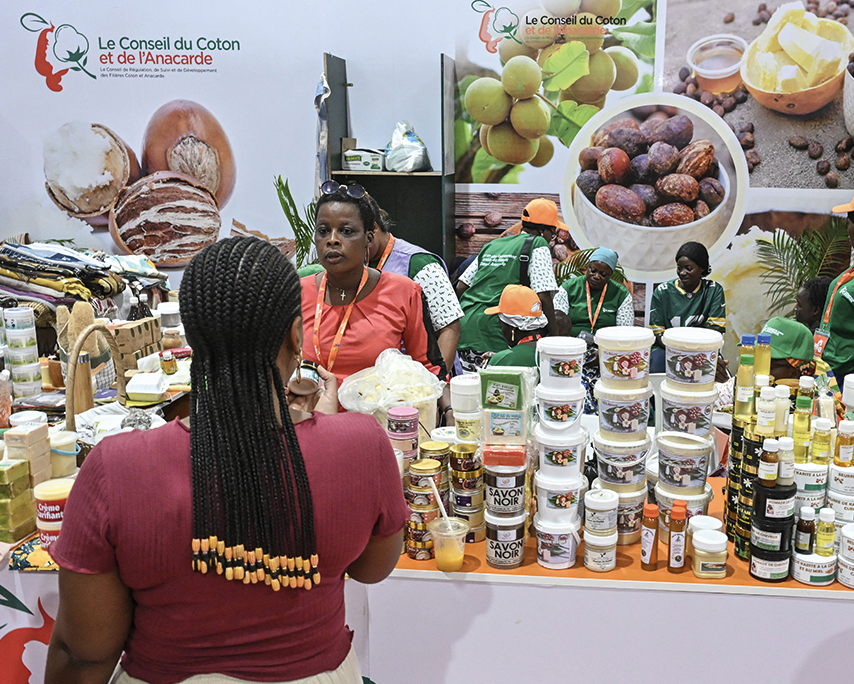International day of Living Together in Peace
The African professional and your role in weaving a stronger Africa
The need for social cohesion and mutual understanding has never been more urgent in a continent as richly diverse- and historically complex as Africa. From ethnic tensions to economic inequality, language barriers to political fragmentation, the challenges are real. But professionals—be they teachers, journalists, engineers, artists, or public servants—have a critical role to play in stitching together the African fabric. Africa does not just need more professionals. It needs braver ones.
Engineers who design with justice in mind. Journalists who tell the uncomfortable truths. Teachers who decolonise the curriculum. Civil servants who actually serve. In a continent layered with promise and pain, it is no longer enough to do your job well—you must do it with purpose.
The truth is that Africa’s cohesion is not being torn apart by wars alone—it is being worn down by indifference, elitism, and the silent complicity of the well-educated. And yes, that includes you and me.
Divides are growing, not closing
Whether it is digital divides between rural and urban youth, economic gaps that mimic colonial hierarchies, or tribal tensions exacerbated by political manipulation, Africa is splintered in subtle, everyday ways. What should bind us—shared history, culture, struggle—is being undermined by systems that reward self-preservation over solidarity.
By virtue of access and influence, professionals often sit closest to the levers of change. But far too often, we become comfortable cogs in dysfunctional machines.
The privileged, powerful and accountable professional class
To be a professional in Africa today—whether in health, education, media, tech, law, or governance—is to occupy a position of enormous influence. You are often the translator between policy and people, the buffer between institution and community, and the decision-maker where others have no voice.
But what are we doing with that power?
- Are teachers challenging colonial-era content—or just repeating it?
- Are urban planners creating inclusive cities—or replicating apartheid layouts?
- Are artists critiquing the system—or cosying up to it?
- Are NGOs actually listening to communities—or just reporting on them?
The silence of the professional class is a betrayal. Neutrality is not an option when your silence maintains the status quo.
Where purpose meets practice
So, what does stepping up look like? It is not about grand gestures but moral clarity meeting practical action. In content generation and publishing, this means:
- Publishing stories that centre lived African experiences, not distant observations.
- Credit, compensate, and collaborate with those who shape the narrative.
- Design content to be accessible across languages, formats, and literacy levels.
- Distribute knowledge where it’s needed most—not just where it is profitable.
- Use your publishing platform to challenge exclusion, not replicate it.
No matter your profession, you have a chance to make your daily work an act of justice.
The missing ingredient: accountability
We must normalise asking hard questions of ourselves and each other: Who benefits from my work? Who is excluded? Am I reinforcing power, or redistributing it?
Accountability is not just for politicians but also for the rest of us. Professionals must be held to a higher ethical standard, not just a technical one. That means creating spaces for peer critique, civic engagement, and constant self-reflection. And when we fall short—and we will—we own it, we fix it, and we grow.



